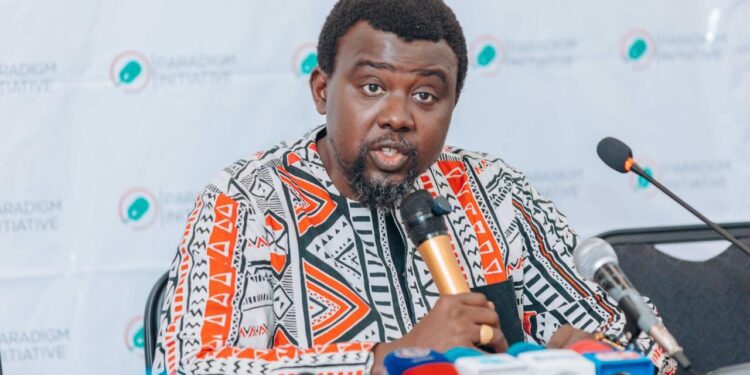The international non-governmental organisation Paradigm Initiative has strongly urged the Cameroon government to respect citizens’ digital rights by refraining from shutting down the Internet before, during and after the upcoming October presidential election.
Paradigm Initiative’s Executive Director, Gbenga Sesan, made the call in a statement read to the press in Yaoundé on April 15 at the end of two workshops that engaged journalists, civil society leaders and government agencies on digital rights.
The digital rights workshops were part of the organisation’s strides towards connecting Africans with digital opportunities and ensuring digital rights for all.
The Cameroon government and several authoritarian regimes in Africa have previously shut down the Internet in attempts to control people’s access to information and freedom of expression.
But this approach, Paradigm Initiative argues, destroys the integrity of elections and democracy itself.
The organisation called on the government to “ensure open and uninterrupted access to the internet before, during and after the election; cease to use big or overly broad laws to criminalise legitimate online expression and dissent; refrain from arbitrary surveillance or online harassment of journalists, activists and other citizens; proactively disclose election-related information, including voter lists, in compliance requirements and key timelines in all accessible formats.”
It anchored the call on increasing government repression and attempts to suppress freedom of expression on digital and traditional media in Cameroon prior to the October Presidential election.
Just six months to the election, recent government actions have also been seen as targeting activists, opposition leaders and other civil society actors like lawyers.
Workshops Emphasize Digital Rights and Election Integrity
At the digital rights workshop in Yaounde, which was organised in partnership with Civic Watch, Paradigm Initiative sought to help stakeholders understand the importance of digital rights.
These rights include the right to access information, the right to freedom of expression and the right to online privacy.
The stakeholders also discussed the damaging effect of disinformation during elections and its potential to compromise the integrity of elections.
Dr Ngala Desmond, the CEO of Civic Watch, which has been implementing the Defyhatenow initiative in Cameroon, said digital rights have faced several challenges in Cameroon as well as in other parts of the world, despite numerous laws protecting them.
Dr. Ngala argued that the civic space in Cameroon shrinks as people increasingly hesitate to voice their concerns. He emphasised that the partnership with Paradigm Initiative offers hope to those facing violations of their digital rights.
He noted that not only the government has been violating people’s digital rights, but telecom companies, Internet service providers, and political actors as well.
Broader Violations by Government, Telecoms, and Political Actors
To telecom companies, Paradigm Initiative said they should “maintain transparency around any government request for shutdowns for data access and commit to uploading user rights; guarantee equal access to digital infrastructure, especially in rural and undeserved areas; engage with civil society to build trust and improve accountability in the digital communications sector”.
The organisation called on political parties and electoral candidates to “avoid sponsoring or spreading this information, hate speech or inciting contempt online; use digital platforms to share accurate, inclusive and verified information with voters; respect the right of media and civil society actors to operate freely online”.
It encouraged the media to fact-check information, increase advocacy on digital rights violations and do responsible journalism during the election period.



